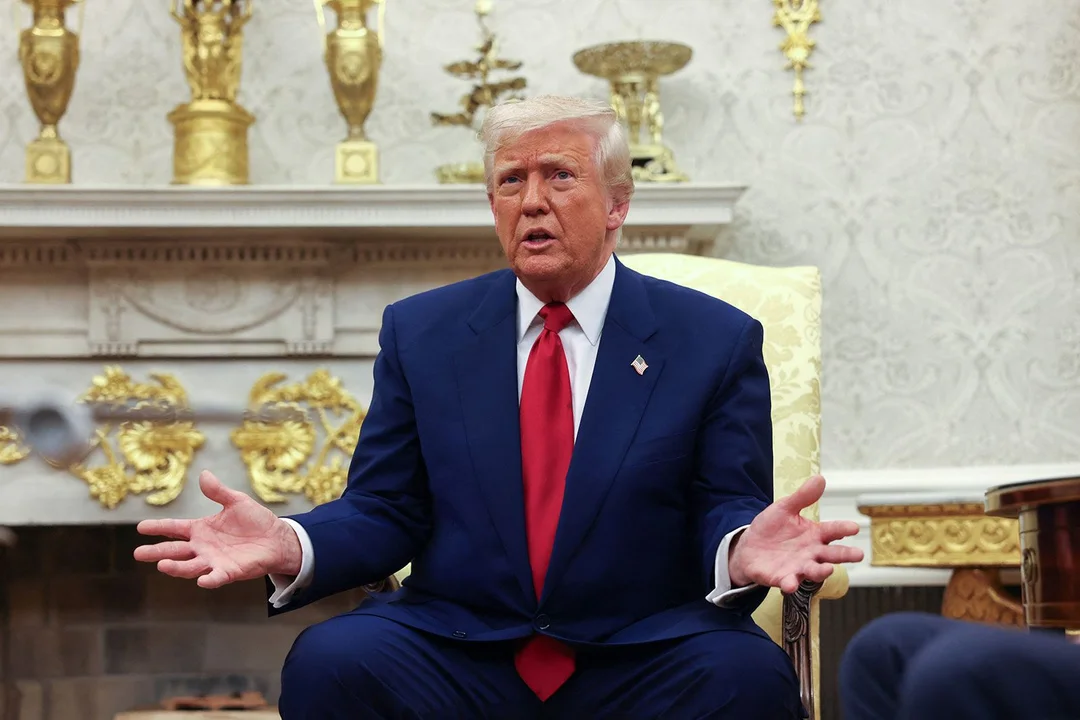
Trump’s Tariff Strategy Sparks Economic Concerns
Former President Donald Trump's recent statements on maintaining and possibly increasing tariffs have ignited a wave of concern among economists and investors. Trump's unwavering stance on tariffs, particularly against China, was highlighted in multiple reports from Barron's, CNN, BBC, and The Wall Street Journal. These reports suggest that Trump's tariff policies could lead to increased economic uncertainty and potentially push the U.S. towards a recession.
Economists cited in CNN's coverage warn that the continuation of these tariffs could disrupt global trade patterns and negatively impact the U.S. economy. Barron's noted that while Trump's policies aim to protect American industries, they might inadvertently raise costs for consumers and businesses, leading to inflationary pressures. The BBC reported on the broader implications, suggesting that such policies could strain international relations and hinder global economic recovery efforts.
The Wall Street Journal's analysis pointed out that while Trump is tightening the screws on China, he is also leaving the door open for trade deals with other countries. This dual approach, however, does little to assuage fears about the immediate economic fallout from the tariffs. As the debate continues, the economic community remains divided on the long-term effects of Trump's tariff strategy.